Alcohol Facts
Alcohol sales in New Hampshire (NH) bring in nearly 800 million dollars in annual alcohol sales, making it a valuable industry. However, the state also has the highest per capita (per person) alcohol consumption in the country. This is concerning, especially considering the widespread alcohol misuse among teenagers and young adults.
Adults, including caregivers and teachers, can significantly reduce alcohol use among adolescents by talking with young people about the risks of underage drinking and limiting youth access to alcohol. This prevention is crucial during this critical period of brain development. It can also prevent future issues with substance misuse. By engaging in open conversations and providing guidance, parents and caregivers can influence young people toward safe and healthy choices about alcohol.
Negative Impacts of Youth Substance Use
Health Consequences
Young people are at greater risk of alcohol-related harm than adults. Drinking alcohol as a teenager can increase the risk of harm to the developing brain and body. It can also lead to problematic use later in life.
 Youth who use alcohol are more likely to experience:
Youth who use alcohol are more likely to experience:
- Changes in brain development that may have life-long effects
- Memory problems
- Disruption of normal growth or sexual development
- Physical problems, such as hangovers or illnesses
- Unwanted, unplanned, and unprotected sexual activity
Academic and Social Impacts
When young people drink, it can create a chain reaction of problems that can spill into their school and social lives like:
Academic Impacts
 Decreased performance: Alcohol use can lead to lower grades, reduced academic performance, and difficulty concentrating in school.
Decreased performance: Alcohol use can lead to lower grades, reduced academic performance, and difficulty concentrating in school.- Absenteeism: Young people who use alcohol may skip school more often, missing out on important educational opportunities.
- Increased risk of dropping out: The risk of dropping out of school is higher for youth who engage in alcohol misuse.
- Impaired decision-making: Alcohol impairs judgment, which can lead to poor decision-making regarding homework, projects, and attendance.
Social Impacts
 Peer relationships: Alcohol misuse can strain friendships and social connections, leading to conflicts with peers.
Peer relationships: Alcohol misuse can strain friendships and social connections, leading to conflicts with peers.- Family dynamics: It can create tension within families, disrupt family routines, and lead to strained relationships with parents or caregivers.
- Legal consequences: In some cases, underage drinking can result in legal troubles, impacting a young person’s future opportunities.
- Emotional well-being: Drinking can contribute to emotional distress, including feelings of isolation, depression, and anxiety.
The Dangers of Binge Drinking
Young people tend to drink less often than adults, but when they do drink, they frequently drink more compared to the average adult. That’s because young people consume more than 90% of their alcohol by binge drinking.
Binge drinking occurs when someone drinks a lot of alcohol in one session with the aim of getting drunk. Binge drinking is also defined as drinking over the recommended level of standard drinks. This usually means no more than 4 standard drinks in one session for adults.
What is a standard drink?
Many people are surprised to learn what counts as a standard drink size. The amount of liquid in your glass, can, or bottle does not necessarily match up to how much alcohol is actually in your drink. Different types of beer, wine, or malt liquor can have very different amounts of alcohol content. For example, many light beers have almost as much alcohol as regular beer – about 85% as much.
Guidelines on Low-Risk Drinking
The CDC Guidelines on Low-Risk Drinking recommend:
- Men: No more than two (2) drinks on any day and no more than fourteen (14) drinks per week.
- Women: No more than one (1) drink on any day and no more than seven (7) drinks per week.
- Some people should not drink alcohol at all, if they are:
- Pregnant or might be pregnant
- Under the legal age for drinking
- Taking certain medications that can interact with alcohol or have certain medical conditions
- Recovering from an alcohol use disorder or unable to control the amount they drink
BAC Levels and Effects
Blood Alcohol Content (BAC) is a measure of the amount of alcohol in a person’s bloodstream. It is a crucial factor in determining an individual’s level of intoxication, and is used by law enforcement to assess whether a person is legally intoxicated while operating a vehicle. Understanding BAC is essential for making informed choices about alcohol consumption and ensuring personal safety. Learn more about BAC here.
Binge drinking can lead to a very serious condition known as alcohol poisoning. Someone with alcohol poisoning may be confused, hard to wake up, vomit, have seizures, have slow or irregular breathing, have a low body temperature, or have blue or pale skin.
Binge drinking also impairs judgment, so people who drink are more likely to take risks they might not take when they’re sober. If they drive after drinking, they might injure, or even kill, themselves or others. In 2019, almost 40% of all accident-related fatalities in NH were caused by drinking and driving.
People who are impaired also take other risks they might not normally take when they’re sober. For example, people who have impaired judgment may have unprotected sex, putting them at greater risk for a Sexually Transmitted Disease (STD) or unplanned pregnancy.
Parental Involvement
 Parents and caregivers are the number one influence on the choices their children make (even if it doesn’t always seem like it!). Although sometimes difficult, engaging in open and honest conversations about alcohol is crucial in fostering a safe and informed environment for young people.
Parents and caregivers are the number one influence on the choices their children make (even if it doesn’t always seem like it!). Although sometimes difficult, engaging in open and honest conversations about alcohol is crucial in fostering a safe and informed environment for young people.
Check out the following resources to help you get started:
- For Parents and Caregivers: You’ll find tips on starting these conversations and resources for help and support if needed.
- Stronger Than You Think: What you say to the youth in your life is stronger than you think. Learn more about the importance of having conversations related to expectations around using substances, setting age-appropriate boundaries, planning safe activities and accountability, and educating about the risks and consequences of using any substance.
- The Partnership Prevention Blog: Friendly ideas and suggestions on navigating substance use conversations with teens.
- Talk. They Hear You.: SAMHSA’s national youth substance use prevention campaign helps parents and caregivers, educators, and community members get informed, be prepared, and take action to prevent underage drinking and other substance use.
Community Support
 Substance use prevention takes a village, and the importance of community support cannot be understated. Research shows that connection through relationships and a sense of belonging is important for mental health and substance use prevention. Check out our Prevention in Your Community webpage for everyday actions you can take to support this work in your community. You can also check out our list of partners here.
Substance use prevention takes a village, and the importance of community support cannot be understated. Research shows that connection through relationships and a sense of belonging is important for mental health and substance use prevention. Check out our Prevention in Your Community webpage for everyday actions you can take to support this work in your community. You can also check out our list of partners here.
Universal Screening of Substance Use and Mental Health Well-Being
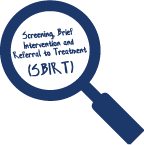 We can all support universal screening in healthcare settings and schools. Screening, Brief Intervention, and Referral to Treatment (SBIRT) is an evidence-based practice that schools can implement to identify, reduce, and prevent misuse and dependence on alcohol and other substances among adults and youth in various settings. SBIRT provides early identification, referral, and support services.
We can all support universal screening in healthcare settings and schools. Screening, Brief Intervention, and Referral to Treatment (SBIRT) is an evidence-based practice that schools can implement to identify, reduce, and prevent misuse and dependence on alcohol and other substances among adults and youth in various settings. SBIRT provides early identification, referral, and support services.
By supporting SBIRT in your schools and other community settings, you can help your young people make healthy choices. To learn more about SBIRT, visit SBIRTNH.org.
Youth and Young Adult Support
 Being a young person comes with its own stressors and challenges. There are factors that make it difficult for a young person to fully achieve their goals and participate in their community, like high cost of living, low wages, lack of access to affordable education and training, and a lack of resources to help people deal and cope with life’s challenging times.
Being a young person comes with its own stressors and challenges. There are factors that make it difficult for a young person to fully achieve their goals and participate in their community, like high cost of living, low wages, lack of access to affordable education and training, and a lack of resources to help people deal and cope with life’s challenging times.
Explore our Living, Learning, and Thriving in NH webpage for young adults. You will find state, local, non-profit, and community organizations that have opportunities and resources to support young adults in achieving their goals.
Know the Law
![]() Be aware of NH’s laws around underage drinking and access to alcohol. Underage drinking is not allowed even in your own home. Under this law, a person who hosts a party where minors drink alcohol or use drugs may be charged with a misdemeanor, fined up to $2,000 and/or spend a year in jail.
Be aware of NH’s laws around underage drinking and access to alcohol. Underage drinking is not allowed even in your own home. Under this law, a person who hosts a party where minors drink alcohol or use drugs may be charged with a misdemeanor, fined up to $2,000 and/or spend a year in jail.
Substance Misuse Prevention Coalitions
 Community coalitions are a proven prevention strategy. With a combination of federal, state, and local funding, coalitions in NH are making great strides preventing the misuse of alcohol, tobacco, cannabis, and other harmful substances. Across NH, multiple community coalitions, made up of concerned people, have come together to review the data, assess the problem and harmful behaviors, and challenge the community to address the complex factors contributing to substance misuse.
Community coalitions are a proven prevention strategy. With a combination of federal, state, and local funding, coalitions in NH are making great strides preventing the misuse of alcohol, tobacco, cannabis, and other harmful substances. Across NH, multiple community coalitions, made up of concerned people, have come together to review the data, assess the problem and harmful behaviors, and challenge the community to address the complex factors contributing to substance misuse.
Communities vary greatly in the specific problems they face, the groups affected by those problems, and the events that rouse people to take action, but with a bit of guidance, any community can have success in implementing strategies and programs to prevent substance use. To find a regional substance misuse prevention coordinator or coalition in your area, visit NH Bureau of Drug and Alcohol Services.
Additional Resources
For more information about excessive and underage alcohol use and prevention campaigns, follow the links below.

Spotlight Factsheet – Preventing Problematic Drinking: General Facts About Alcohol Use
Information is key to helping to guide and inform conversations about alcohol. Use this fact sheet to gather information on risks related to drinking and the ways in which these risks can be addressed.

Spotlight Factsheet – Preventing Underage Drinking: How You Can Talk to Your Child
Alcohol is everywhere in American society, yet research shows that the longer youth wait before starting to drink the less likely they will struggle with substance use-related issues later in life. Learn how to talk to the youth in your life about alcohol and strategies to create a meaningful and productive conversation.
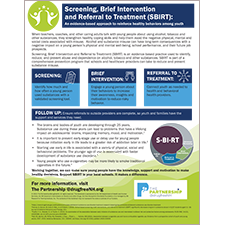
Learn how your school and other community settings can strengthen healthy coping skills and identify risky behaviors early among youth. Screening, Brief Intervention and Referral to Treatment (SBIRT) is part of a comprehensive prevention program.

This campaign aims to reduce underage drinking and substance use among youths under the age of 21 by providing parents and caregivers with information and resources they need to address alcohol and other drug use with their children early. There are also partner resources, many of which are customizable for your needs.
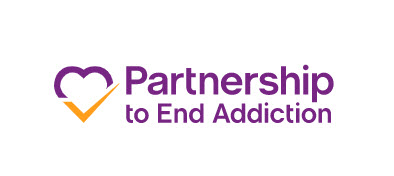
Science and research-based information to help parents protect their child’s well-being and recognize substance use early in their children.
Whether you’re just living healthy, planning to become pregnant, pregnant, or breastfeeding, we have research-based resources on alcohol, marijuana, and tobacco use to support you.
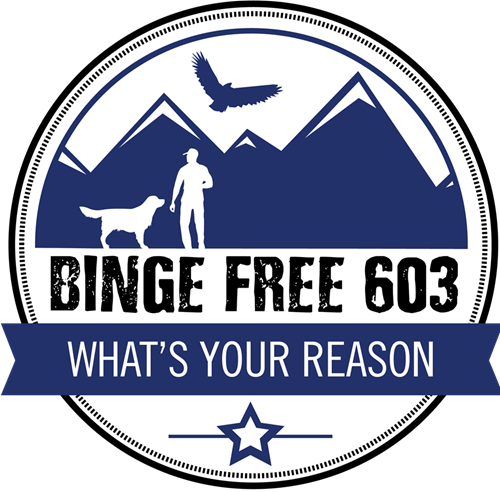
Health campaign where young adults in NH share their reasons for not overdoing it with alcohol. What’s your reason?
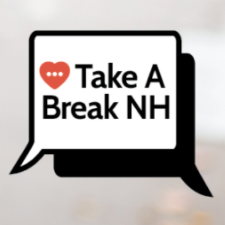
Breaking up is hard to do…but sometimes it’s the only option. Through Take A Break NH, young adults in NH are asked to decide if it’s time to break up… with their habits related to binge drinking.
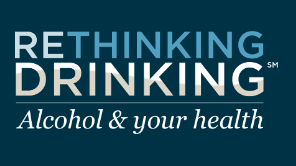
Curious if you drink too much? Want to learn about the safe limits of alcohol use and recognize when it is a problem? Find tips and strategies for making a change with your drinking and ways to reduce your risks.
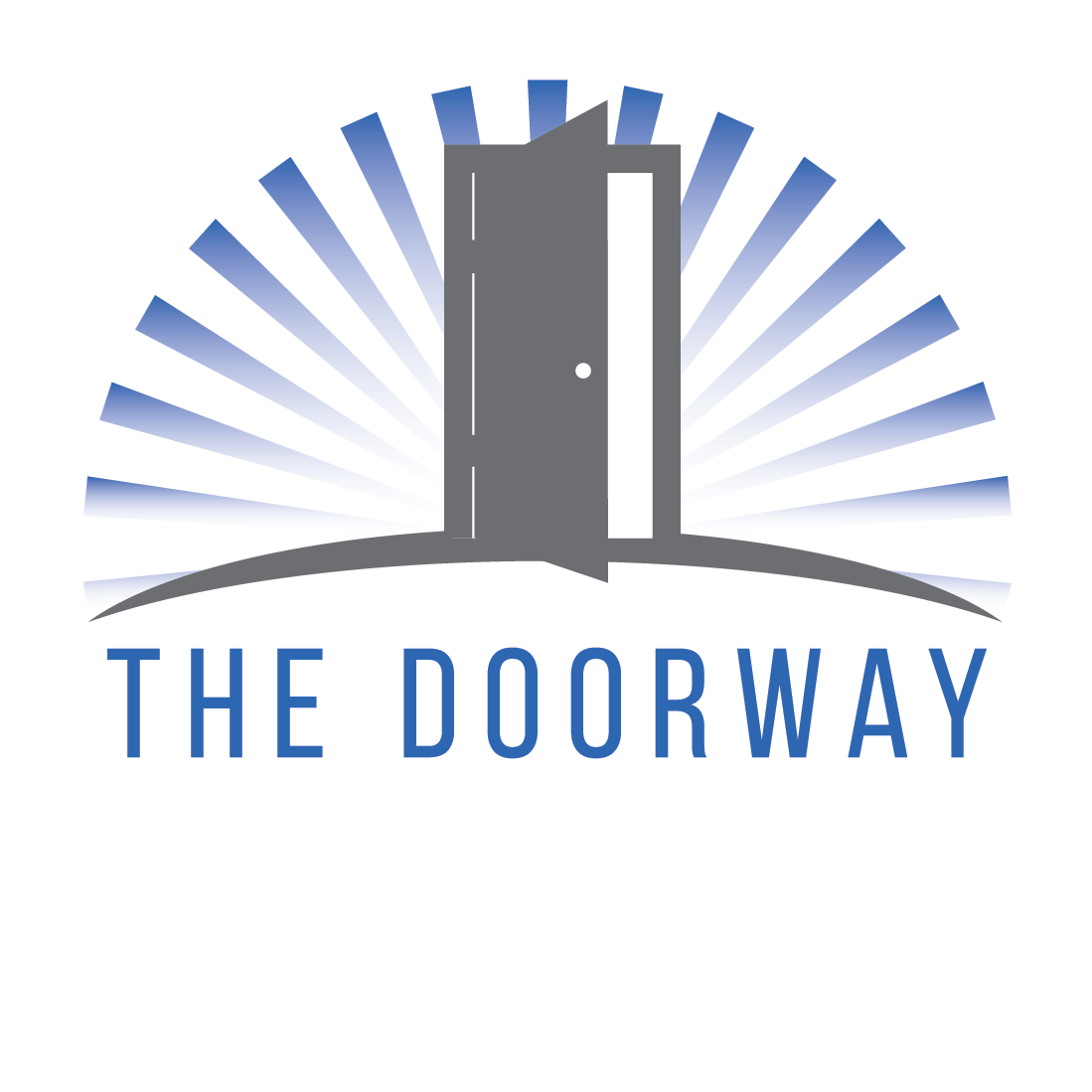
A statewide service that supports any NH resident, of any age, with a substance, alcohol, or mental health concern.



